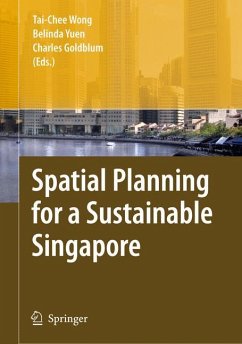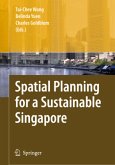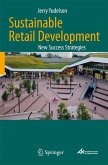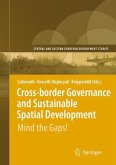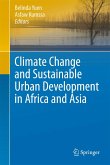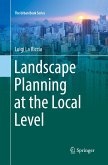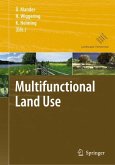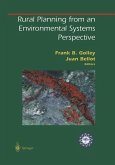In the last four decades, Singapore's urban development has gradually received an international reputation. From a city of just under two million people in 1960, we replaced squatters and slums with mostly high-rise, high-density public housing as well as industrial estates, commercial centres and parks and gardens. We dem- strated to our earlier well-meaning critics that a high-rise housing programme need not be automatically doomed to failure. Indeed Singapore now serves as an ex- ple of shaping successful residential communities to the massive population of Asia. Our city is now at nearly 4. 5 million people. It is green and clean, with fl- ing traffic, functioning infrastructure and proper space allocated for every urban need. It is no longer as clinical as it was in the 1970s, as we can afford to go beyond the basic needs and have added finer and more colourful things to our cityscape. Yet, when people ask me for books to provide an overview of the experience of our urban transformation, there are sadly very few. Singaporeans are more workers than writers. Not enough people have recorded how we did it, or shared the expe- ence with people in other countries, or even with our own younger urban planners and administrators who are less familiar with the historical perspective. This matter is becoming very pressing as most pioneers who went through the start up process of transformation have retired by now.

